"Do you see the hill above us?", Sarit Trains, the operations manager of the Tarkumiya crossing, pointed to a hill that towered over the checkpoint in the late night darkness. "Until a month ago, thousands of infiltrators would pass through there. Half a year ago, one had a heart attack on the mountain. He survived after our resuscitation and was evacuated to the hospital by an IDF helicopter. "Now no one is going through there, in the meantime they have closed the loophole."
It was 4:30 when we arrived at the crossing that is located exactly halfway between Hebron and Kiryat Gat.
The roads were almost completely empty, but in Tarkumiya the hours of stress had already begun.
In the next two hours, thousands of Palestinians passed through a terminal, literally, on their way into the Green Line - for another day of work.
There are 36 crossings between Judea and Samaria and other parts of the State of Israel, which are operated by three different entities - the Ministry of Defense, the Israel Police and the IDF.
From the Afula area in the north to Meitar in the south, close to 85,000 workers make this route every day, and most crossings outside the Jerusalem area are operated by the Ministry of Defense through civilian security guards.
A strange experience
Along with the thousands of workers who are legally entering Israel, by the time of the wave of terror, tens of thousands would have passed through many loopholes in the perforated separation fence.
"In the last month and a half, since they closed most of the fences, we have seen an increase of between 12,000 and 14,000 Palestinians who have returned to us - and who are passing through the crossings instead of entering unsupervised," said Erez Sidon, who heads the Land Crossing Authority.
Entering the pedestrian crossing is a strange experience for those who are not awake in the very early hours of the morning, because when most Israelis leave Judea and Samaria to work in the center of the country, it looks completely different. The thermometer in our car showed 13 degrees Celsius On both sides of the wide path that led into the passage itself a small market was created, where the workers purchased food and equipment for the coming working day.
Waiting for the security check, Photo: Oren Cohen
"How much does a pastry cost?" Asked Oren Cohen, the photographer, a man standing at a long table with hot and tempting pastries on it.
The answer was surprising: "Shekel."
This is a product that would have cost a minimum of five or six shekels in Israel.
At another stall stood an 11-year-old boy who quickly prepared falafel dishes for the hungry workers despite the early hour.
"Four shekels," pointed out the stall owner, handing us a hot falafel ball, straight from the boiling pot.
"It's because you are tourists," laughed Eyal, the deputy security officer of the compound, who accompanied us along with Sarit and the people of Israel, a security guard armed with a Tavor rifle who accompanied us.
"It usually costs three shekels."
The stalls included everything the workers might need on the work day, from cigarettes to tools - from Ali Express, of course.
Even shoes were put up for sale on one of the cars parked on the side of the road.
A particularly bustling stall solved one of every Israeli's questions - why all Palestinian workers carry black bags with them: salads, pitas and even black coffee dishes were sold at a stall, an improvised grocery store, and packed in bags that have become almost a hallmark of Palestinians in Israeli cities.
At another stand stood a portable speaker that loudly announced "Krut Yisraeli Ya Shabab" - an Israeli card, a young man.
Workers who have an entry permit can pay at the booth for a magnetic card that allows them to enter through the aisle.
Embryos within 4 minutes
We joined the river of workers entering the crossing, expecting to see the workers tired and shattered after two hours of tedious waiting to enter Israel, but the efficiency was surprising.
"We deliver them in four minutes, and even less."
The workers hurried through the large blue gates, passed the objects through a mirror and passed a security check.
They then went through some smart gates, "Speed Gate", by transferring the magnetic card.
Food stations in the aisle, Photo: Oren Cohen
"Every worker is identified in his face, if he is allowed to enter the gate opens, if not - the gate is painted red and has to go for manual inspection. I have been working in the crossings for 25 years, Arafat would pass through me at the Rafah crossing," says Sarit.
"Once the workers would arrive at 2 at night and have to wait for hours. Today everything works quickly."
"Good morning," a silver-haired man with a T-shirt from the Rami Levy Sycamore Marketing chain stopped next to us.
His name is Muhammad Margela and he has been working for several years in the chain's branch in Rehovot.
"I have been working in Israel for years. From the village where I live, Idna, to the streets - it takes fifty minutes via Highway 6, Tik-Tak."
He hurries out, to the parking lot, where dozens of buses and shuttles are waiting for workers.
"Tel Aviv, Ashdod Junction," they announce and gather the workers forward.
Traffic jams accompany us out of the compound.
Soon, promise in the Tarkumiya crossing, this too will work out.
With a cost of tens of millions, a huge parking lot is currently being built for the shuttle vehicles.
It should be said that not all crossings operate so efficiently, and the Ministry of Defense's land crossings authority seeks responsibility for additional crossings at exits from Judea and Samaria, despite the fact that the cost is higher because it is a civilian operation and not soldiers.
"A decision must be made"
"We need to understand that this is a national task. The state needs to make a decision about the separation fence, know who is passing and what is passing, and at the same time let us do our job. A soldier or a policeman has no advantage over us," says Sidon.
"There is a request pending to receive more crossings. It is necessary to look at the crossings as airports and ports, because the workers prefer to cross the arranged crossings and receive excellent service. We are able to absorb thousands more workers in the crossings. Also, as a national task, there is something to improve. "Encourage workers to pass through the crossings, such as efficient public transportation. There are plans on paper, for example, to bring railroad tracks to the main crossings. There is no reason why this should not happen."
Were we wrong?
Fixed!
If you found an error in the article, we'll be happy for you to share it with us

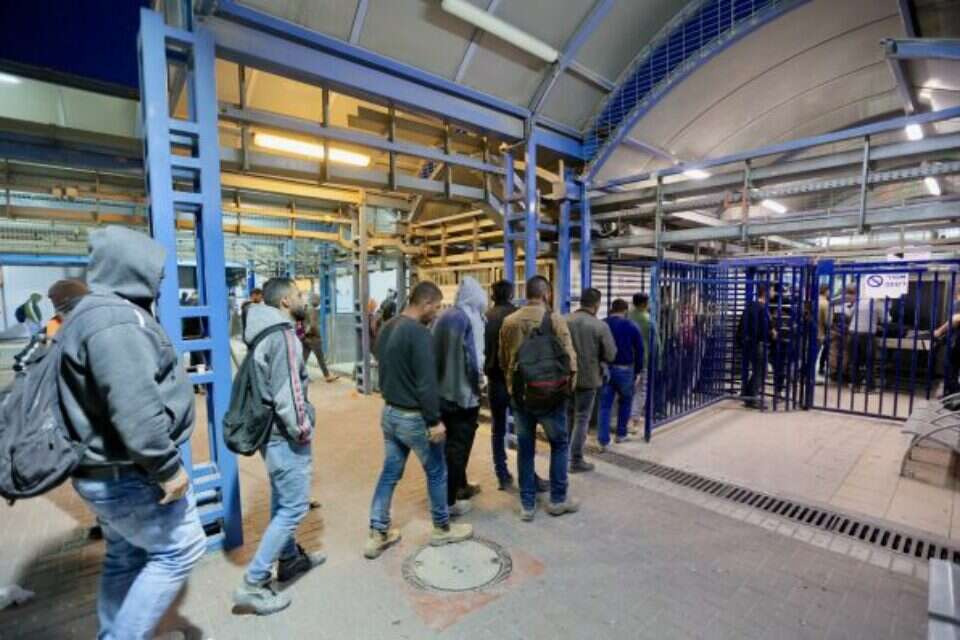
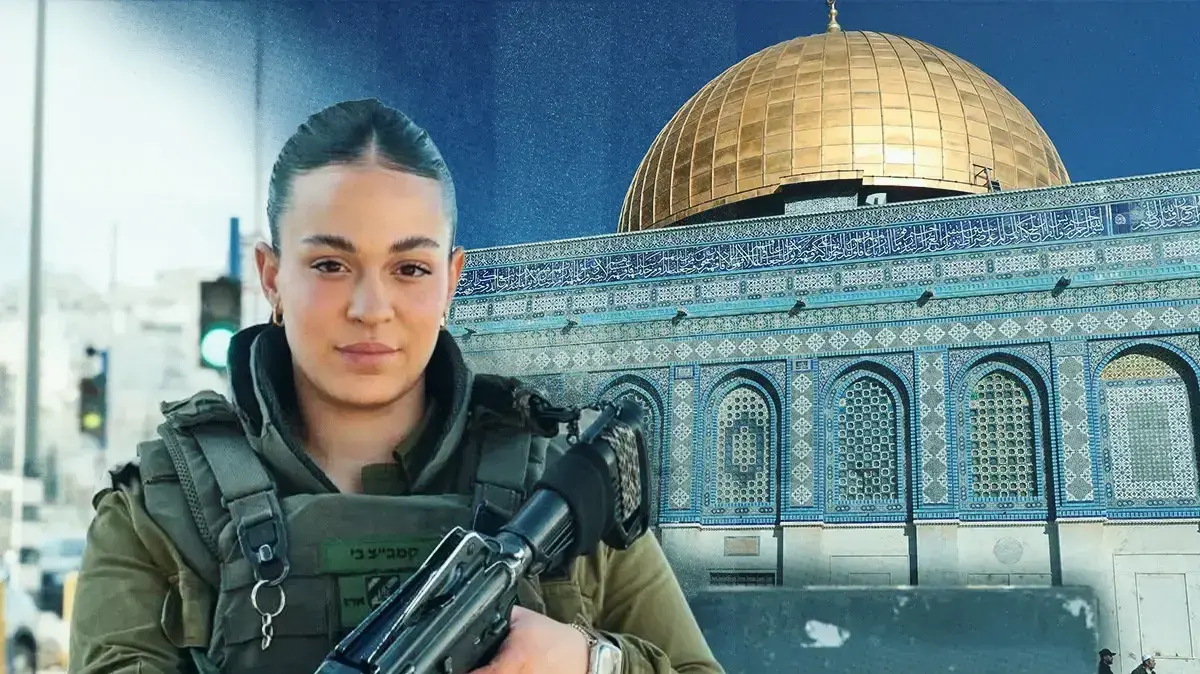
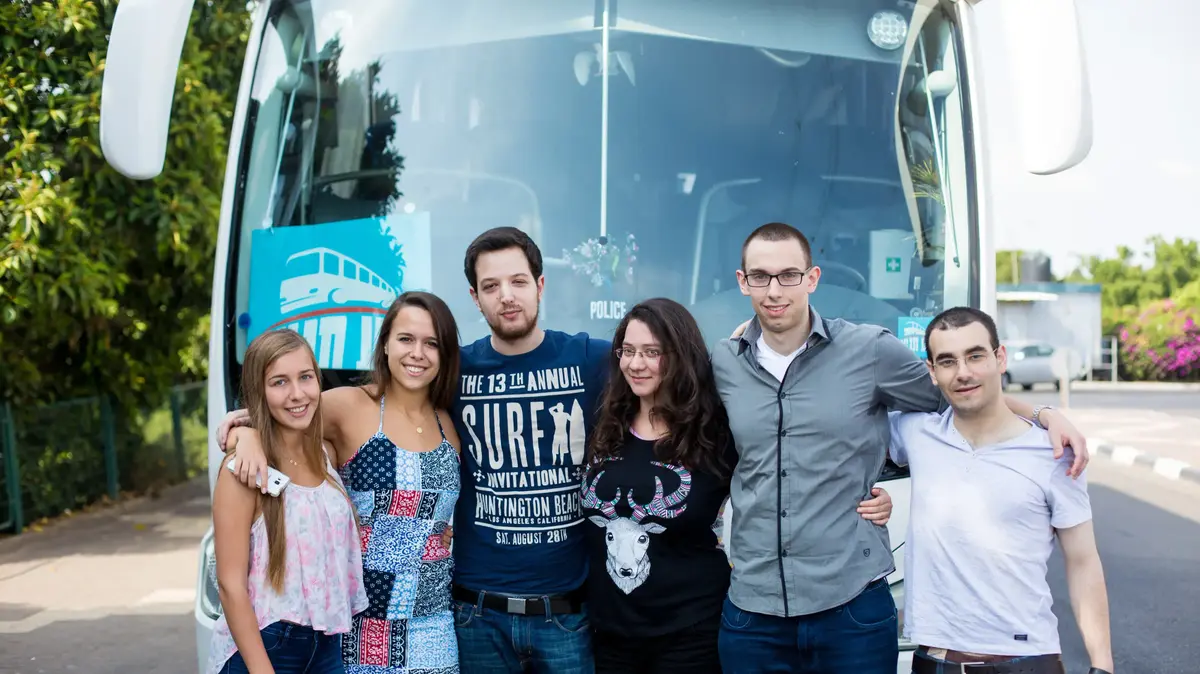
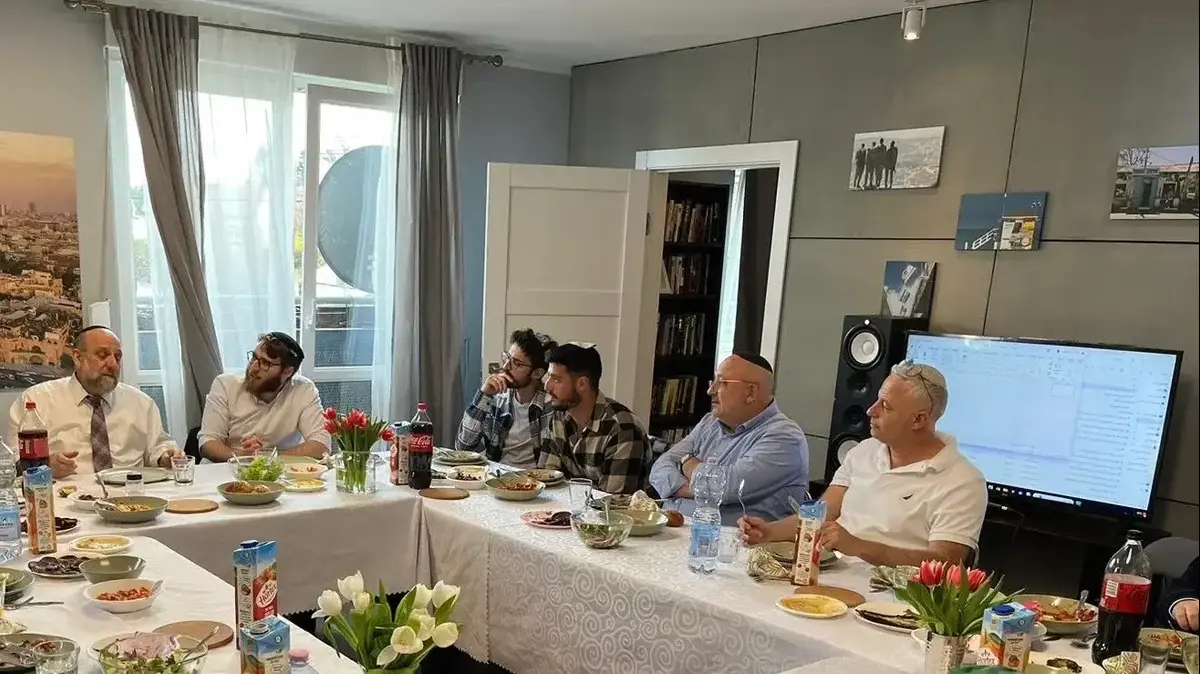
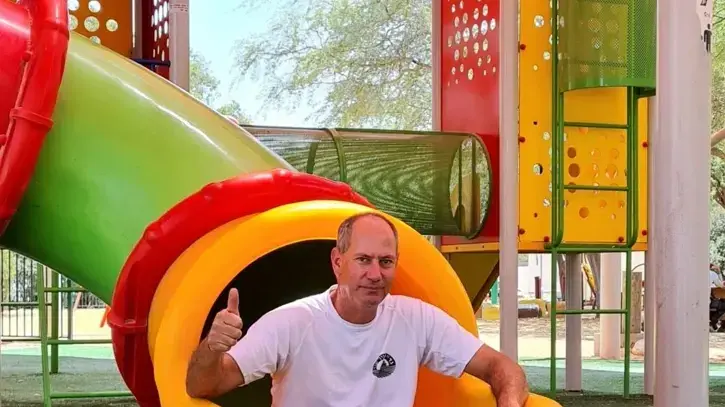
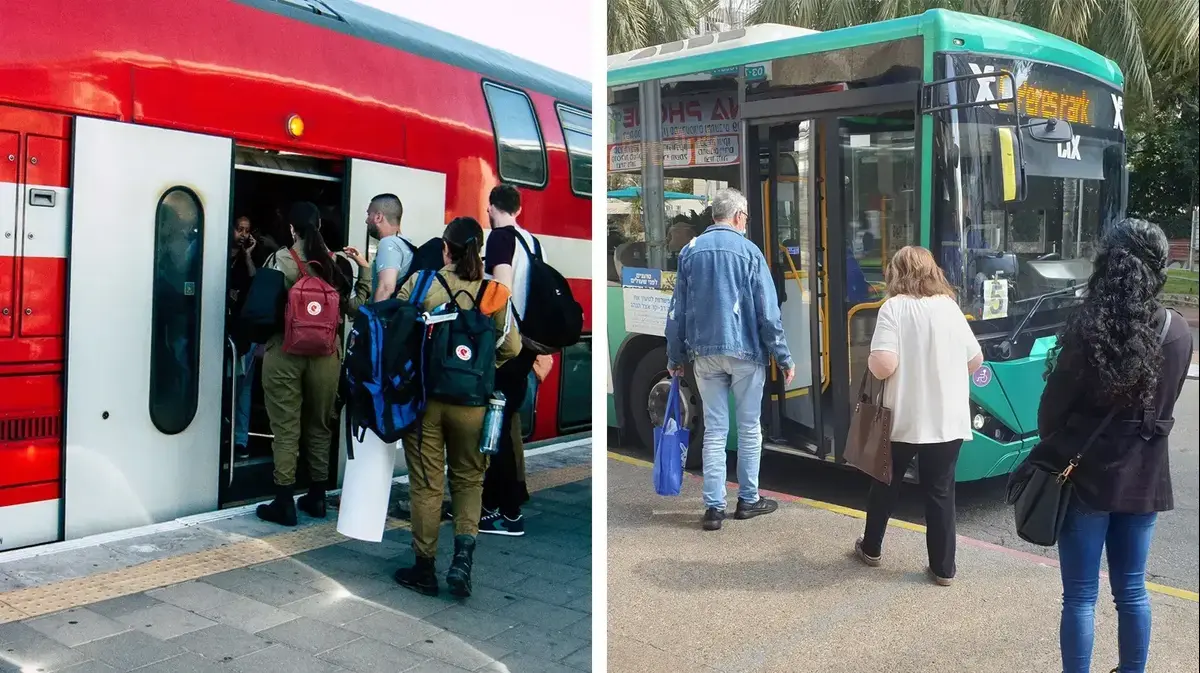
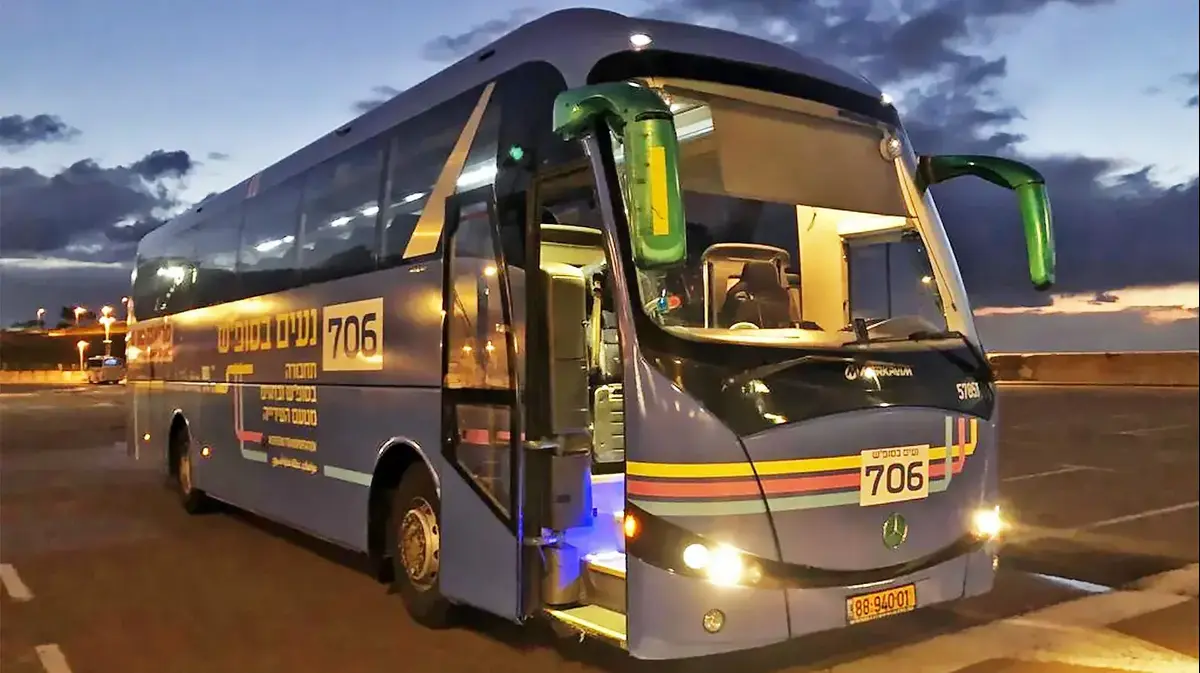
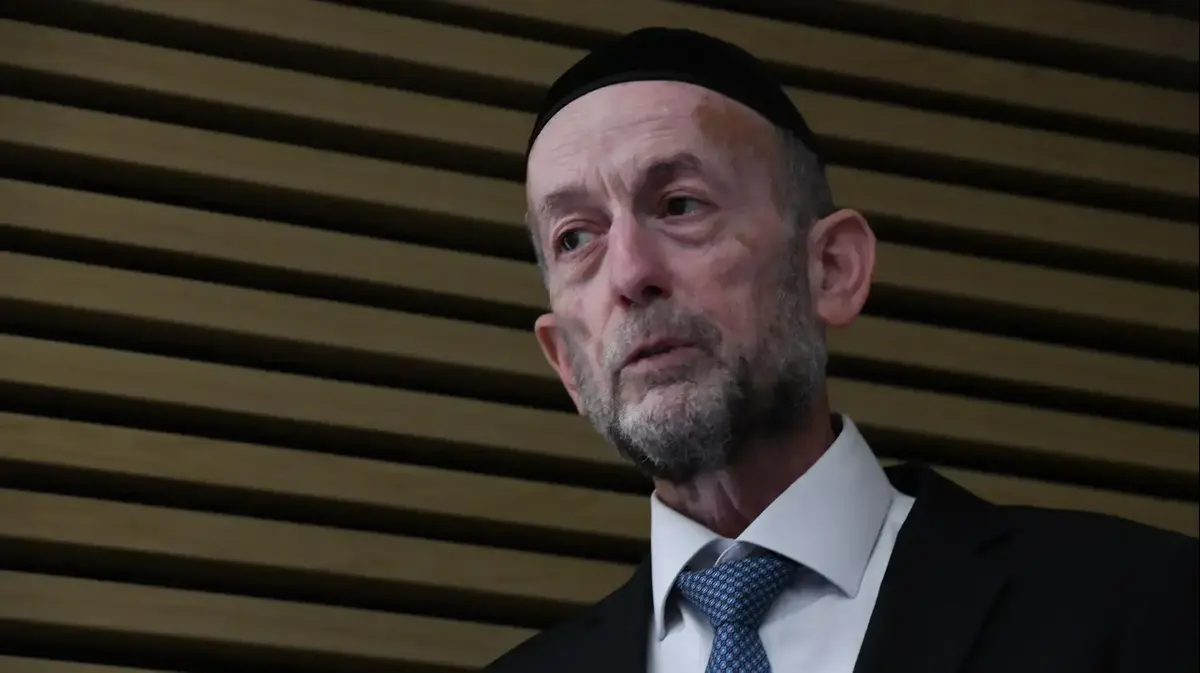
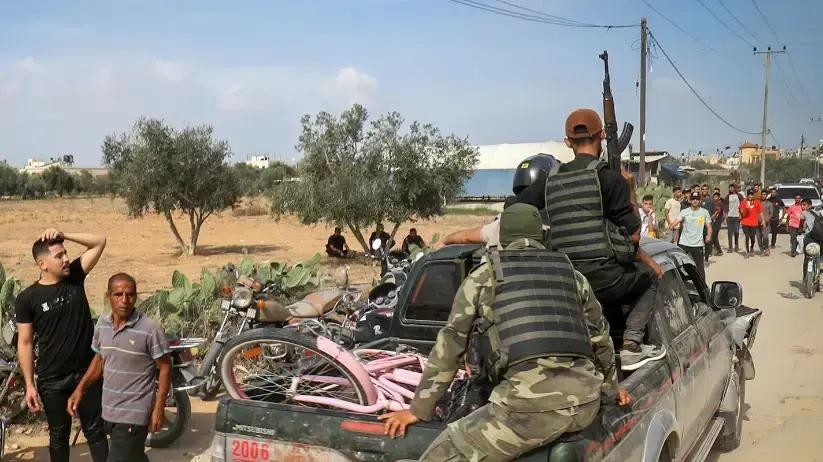


/cloudfront-eu-central-1.images.arcpublishing.com/prisa/KMEYMJKESBAZBE4MRBAM4TGHIQ.jpg)


